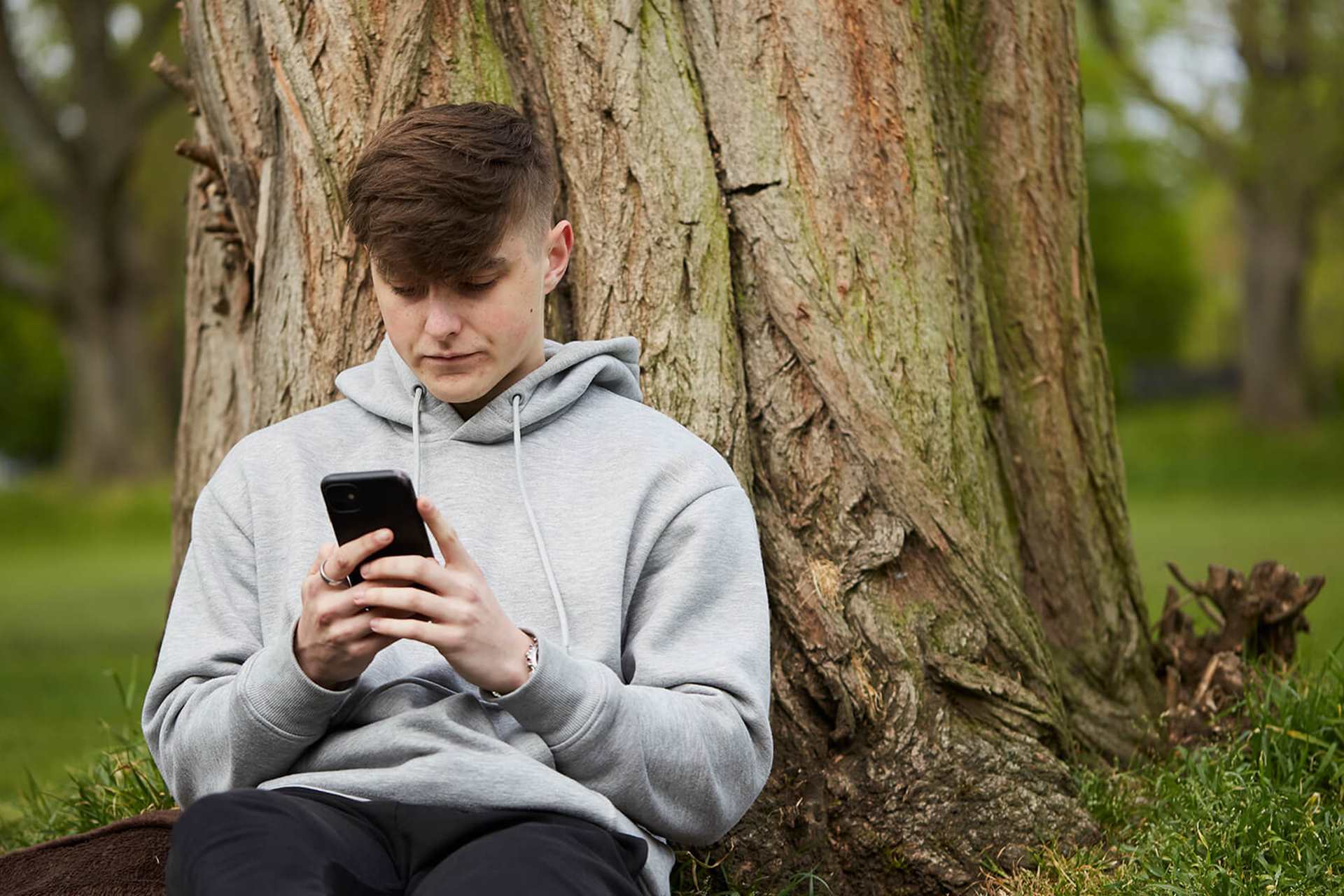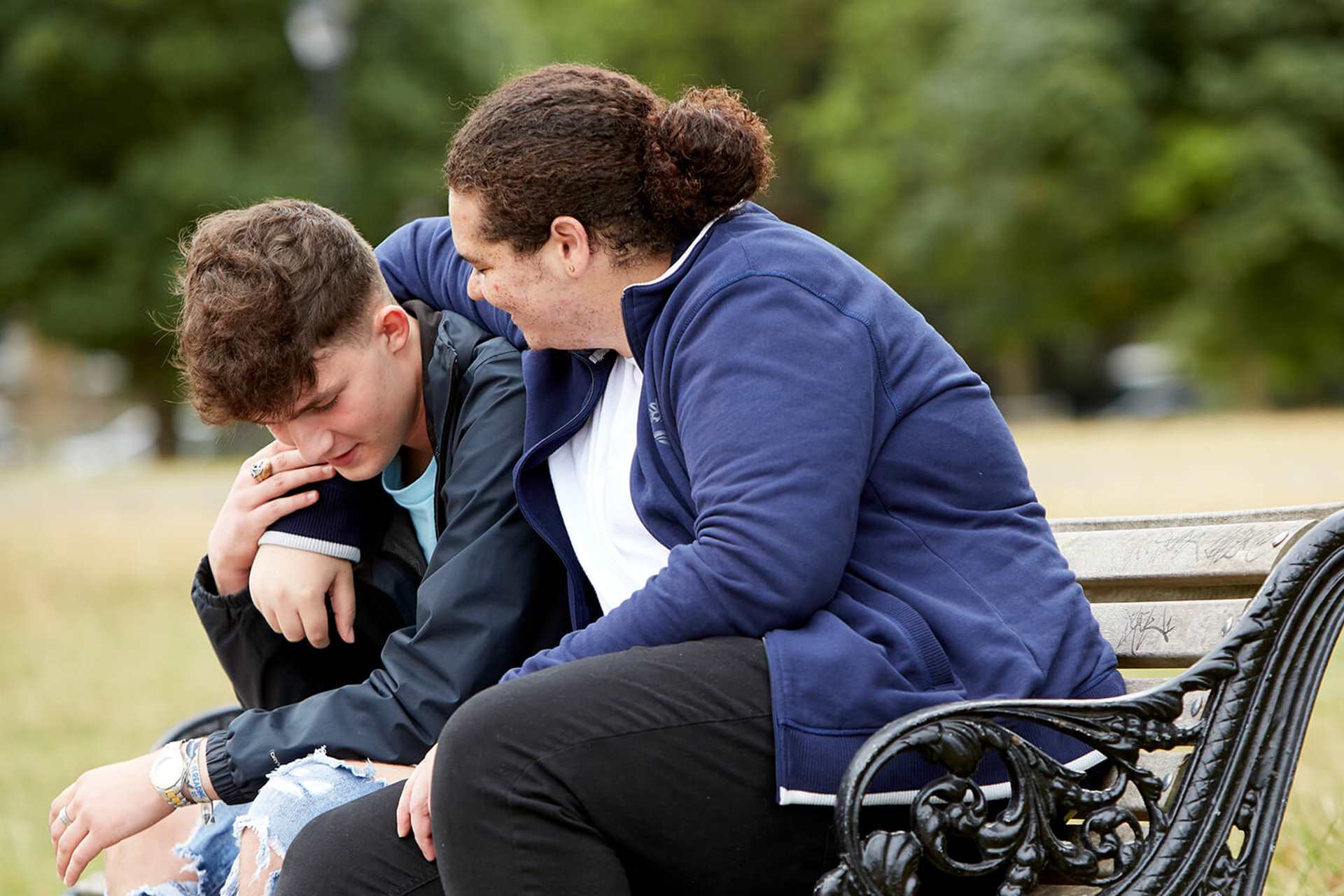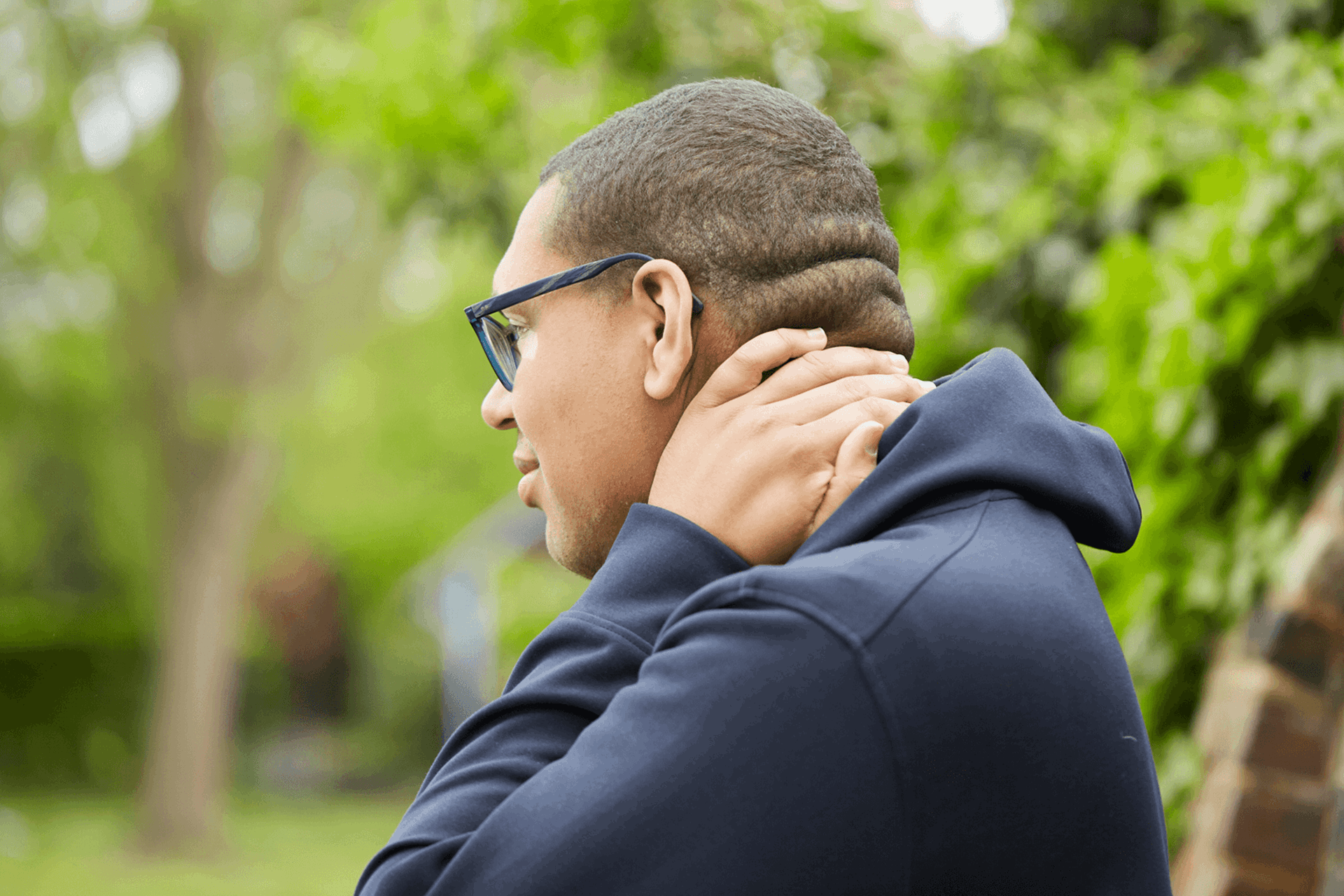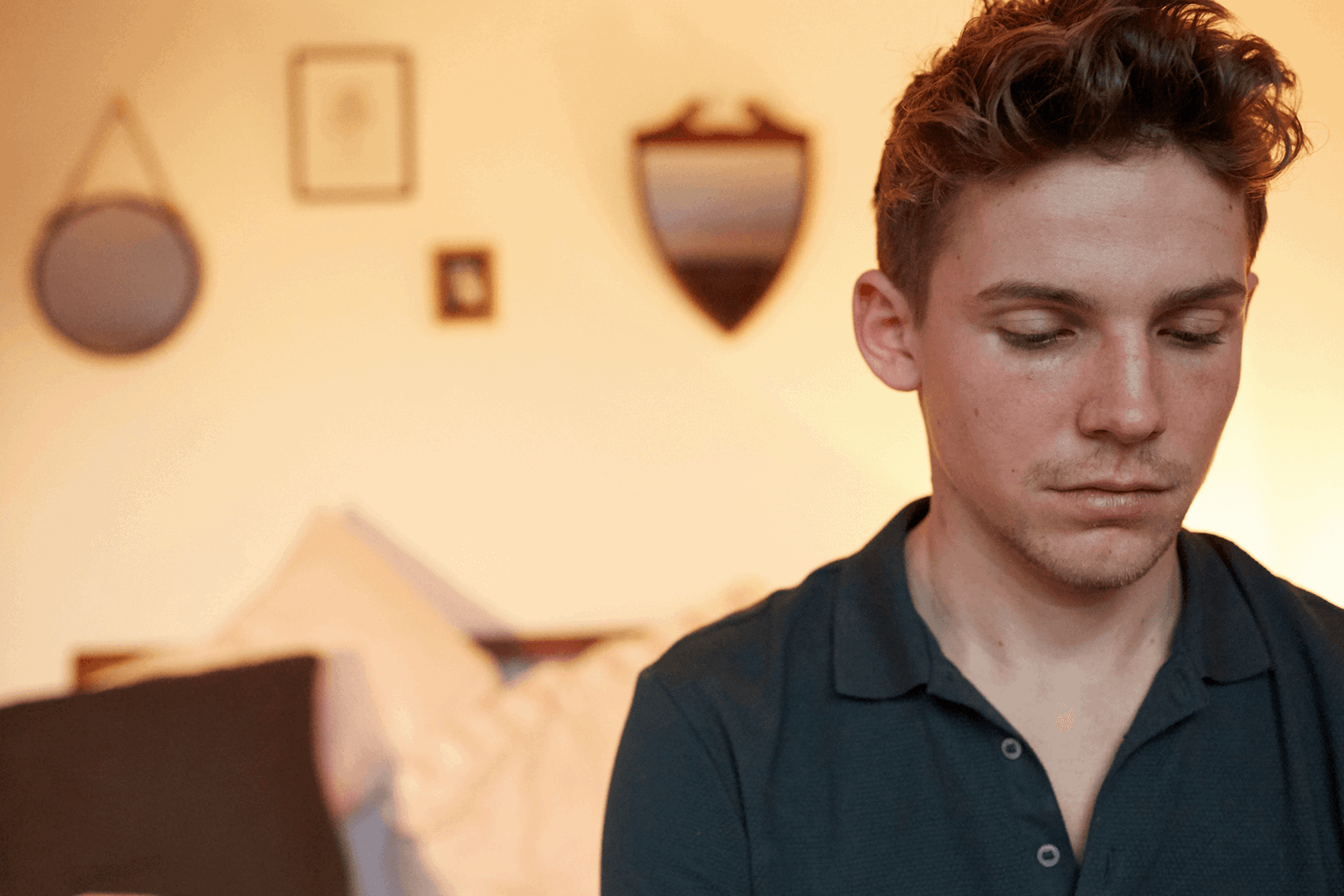Topics mentioned: self-harm
About: Louisa says it's time to stop invalidating people's experiences of self-harm, and explains why someone's self-harm scars do not define them.
This blog contains references to self-harm. Please do not read on if you think the content may be upsetting for you. If you are currently struggling with your mental health, please visit our find help page for information, advice and guidance on where to get support.
I’ve noticed recently among the online mental health community that there can be what feels like a sense of competition around the severity of individuals' self-harm scars. It’s causing so many people to feel invalid, to the point of trying to give themselves worse injuries so that their self-harm can be taken seriously.
While this community is such a supportive and safe place for the majority of sufferers, there are some pockets of the internet where mental illness is seen as a competition. It needs to stop.
The last thing we want to do is reinforce the idea that someone needs to inflict a fatal injury on themselves to receive the help they urgently need.
Competition and validation
I believe there are three key causes of the competition between people who self-harm. The first is the language used by medical professionals. Terms and phrases such as ‘superficial’ or ‘it’s just a scratch’ might make recipients feel as though they’re not ‘bad enough’, or that they need to injure themselves further to be taken seriously.
Many people who self-harm do it to show their mental pain in a physical way. The last thing we want to do is reinforce the idea that someone needs to inflict a fatal injury on themselves to receive the help they urgently need.
Before I continue, I'd like to be clear that using the term ‘attention seeker’ to dismiss someone’s self-harm is always wrong. However, those who suffer can also play a part in this. There are some sufferers who post pictures of their fresh self-harm on the internet.
Sadly, most of the comments are complimenting the self-harm in the picture, even glorifying it. A huge part of this is to gain validation from others. It contributes to the idea that the size or severity of the injury equates to how much someone is struggling, but it doesn’t.
You deserve to feel comfortable in your own body, and in what you’re wearing. Your self-harm scars aren’t disturbing and don’t take away from who you are.
There is also sadly a misconception that if someone hasn’t injured themselves then their struggles aren’t as serious as those who have. This is in no way true. Pain is pain. If you’ve suffered then you’ve suffered enough. No one should feel like they have to hurt themselves in order to be valid or receive help.
Fading scars and distractions
Reminder: It’s important to cover fresh self-harm scars when going out. This is because leaving them uncovered could cause an infection and it could trigger other people you see. However, once they have healed there is absolutely nothing wrong with going out with them uncovered. You deserve to feel comfortable in your own body, and in what you’re wearing. Your self-harm scars aren’t disturbing and don’t take away from who you are.
A lot of people can feel lost when their self-harm scars start to fade, and that’s okay.
A lot of people can feel lost when their self-harm scars start to fade, and that’s okay. It may seem odd and contradictory to someone who isn't directly affected by self-harm, but it’s actually very normal. Self-harm scars do, in some way, become a part of our identity. We get used to having them there, and they often provide an odd kind of comfort.
It’s a reminder that we’ve suffered, but that we’re getting through. But more relevantly, they help us to feel valid in our suffering. When you lose that, it’s normal to feel sad and disappointed. When this happens, it can be when self-harm urges begin to resurface.
Self-harm distraction techniques
But self-harm isn’t the answer. If you’re experiencing urges to self-harm, below are some distraction techniques you can use instead:

- Paint on the area where you want to self-harm.
- Paint over old self-harm scars.
- Put on a plaster / bandage where you want to self-harm.
- Scribble very hard onto paper.
- Use temporary tattoos or henna on that area.
- Squeeze ice.
- Jump and stomp around.
- Do something safe that will release adrenaline (like watching a horror movie).
No one should have to destroy themselves in order to be heard, listened to, and supported.
Final message to those who suffer
You don’t need to self-harm for the first time or to relapse in self-harm just to have scars that look like other people’s, or so that your scars are more noticeable. If you are suffering due to mental pain, then it is serious, and you deserve to get the support that you need.
It doesn’t matter if you have scars, or how big the scars are, or if you had to go to the hospital for medical attention. Your pain is very real and very valid, and you deserve to be taken seriously. The visibility of your scars does not equate to the severity of suffering that you’ve experienced. No one should have to destroy themselves in order to be heard, listened to, and supported.
More information and advice
We have tips and advice to help you find the support you need. Take a look at our guides.
Where to get help
However you're feeling, there are people who can help you if you are struggling. Here are some services that can support you.
-
Calm Harm
A free app providing support and strategies to help you resist or manage the urge to self-harm.
Can be downloaded from Google Play or App Store.
-
Childline
If you’re under 19 you can confidentially call, chat online or email about any problem big or small.
Sign up for a free Childline locker (real name or email address not needed) to use their free 1-2-1 counsellor chat and email support service.
Can provide a BSL interpreter if you are deaf or hearing-impaired.
Hosts online message boards where you can share your experiences, have fun and get support from other young people in similar situations.
- Opening times:
- 24/7






